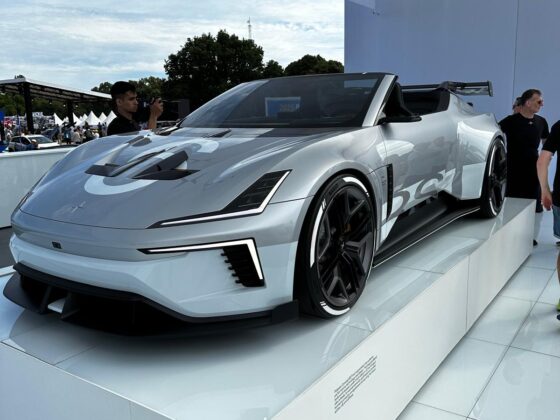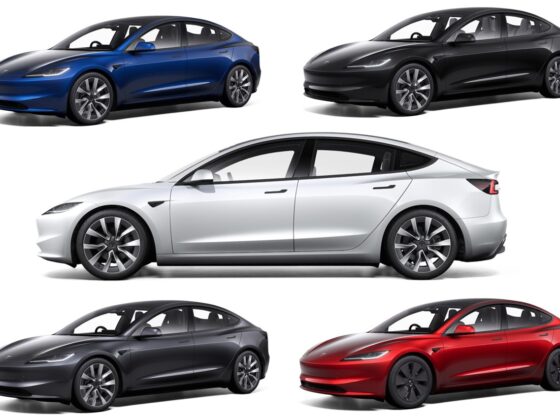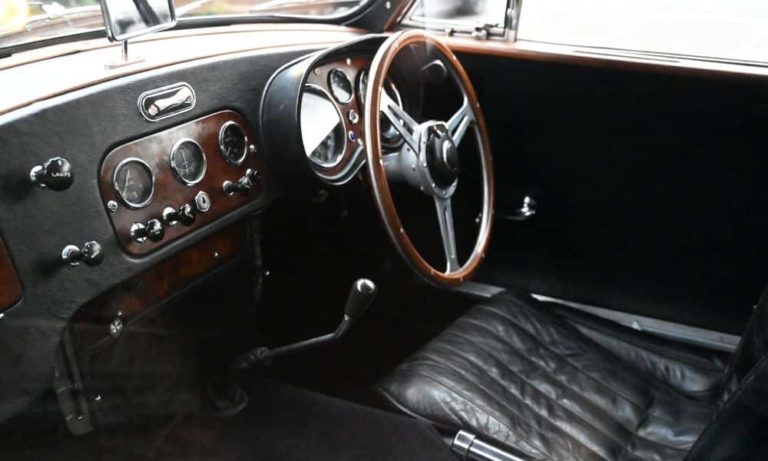
How Will the 2030 Petrol Ban Affect Classic Cars?
How Will the 2030 Petrol Ban Affect Classic Cars? https://wvl.co.uk/wp-content/uploads/WVL-Blog-How-Will-the-2030-Petrol-Ban-Affect-Classic-Cars-1.jpg 1000 600 Anthony https://secure.gravatar.com/avatar/a9c4089fd91833b9d9ac3cd2423e0fcb?s=96&d=mm&r=gWe find many of the people who come to us looking for a business car are themselves, car enthusiasts. Plenty have a penchant for classic cars, and some have even asked us what will happen to classic cars after 2030 when manufacture of pure combustion engine vehicles comes to an end. (Something we’ll henceforth be calling “the petrol ban”).
If you have a classic car as a retro weekend run-around, you’ll be encouraged to know there won’t be a petrol ban on using classic cars – or indeed, any other petrol or diesel vehicle – for a long, long time to come.
That means anyone running a classic petrol or diesel vehicle will not be mandated to alter the vehicle to bring it in line with green emissions standards. Petrol stations will still be around, and existing petrol and diesel vehicles will still be catered for by fossil fuels the world over for years – possibly decades – into the future.
However, there are likely to be a number of changes that may impact driving an older petrol or diesel model. All of which might have unexpected or unusual effects on the classic car market.
But before we can go into how the petrol ban will impact classic cars, first we need to establish exactly what we mean by ‘classic car.’
What is considered a classic car?
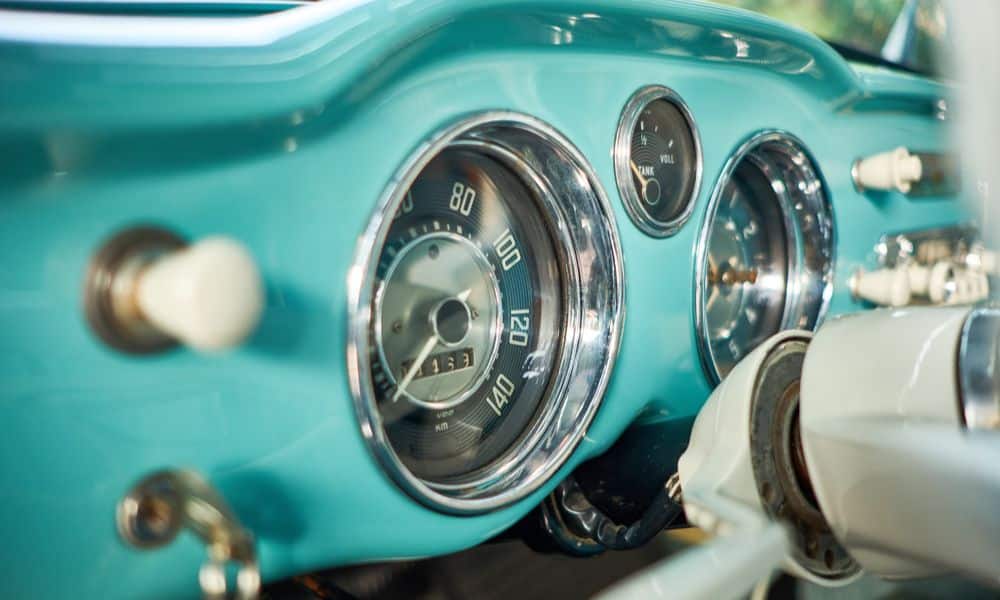
While the casual definition may differ depending on who you talk to, it’s widely expected in the motoring industry that the UK government will define a ‘classic car’ as a vehicle that’s over 40 years old.
The good news for those running a vehicle deemed to be a ‘classic’ is that it will likely be regarded as an historic artefact of cultural relevance and should remain usable even as the rules around fossil fuels evolve.
How will the petrol ban impact classic cars vs ICE vehicles?
1. Ultra Low Emission Zones (ULEZ) will expand – but classic cars should be exempt
At the time of writing there is currently one Ultra Low Emissions Zone in the UK, encompassing an area in and around central and Greater London. Vehicles passing through it need to pay a ULEZ charge if they don’t meet some very strict criteria for emissions standards. By and large, that means petrol and diesel vehicles in that zone must pay extra to operate in that area.
After the 2030 petrol pan, it’s widely expected that more ULEZ areas will appear across the country, helping to enforce the government’s mandate to become a net zero society by 2050.
However, if you’re wondering how the 2030 petrol ban will affect classic cars, the good news is that classic vehicles are unlikely to be held to the same emissions standards as more contemporary ICE vehicles. They should therefore be free to operate within ULEZ zones without needing to pay the charge.
2. Expected discounting of ICE vehicles should increase vehicle availability and affordability across the board
Another aspect of how the petrol ban will impact classic cars is in lowering the demand – which, in turn, should also help to lower prices of classic (as well as more contemporary) vehicles.
This could go one of two ways for collectors. Some may bemoan their expensively-assembled collection losing value, and move to sell off as much of it as possible before the petrol ban takes effect. However, that will be great news for other collectors, who should find a wider market of more affordable vehicles awaits them.
3. Classic car EV conversions are unlikely to be compulsory – but may, in time, prove attractive
One big concern is that with petrol and diesel vehicle production ending, all vehicles will, in time, move away from fossil fuels and that classic car owners will need to effectively convert their old car to an EV in order to stay usable.
While this could in theory happen sometime around or after 2050, the good news is it’s unlikely to happen any time soon – at least by law.
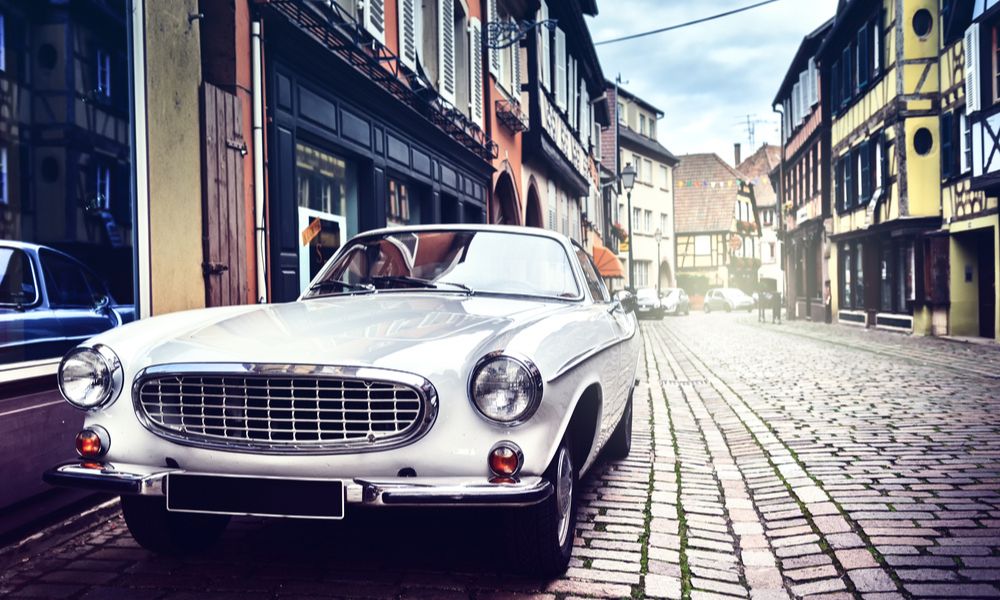
In all likelihood, what will happen to classic cars after 2030 instead is that they will become increasingly expensive to run as petrol and diesel usage dwindles and prices for combustion fuels skyrocket. That will make running a classic car even more of a luxury than it already is. In those circumstances, it could lead classic car owners to go the conversion route, in order to keep their classic vehicle on the road.
Classic car owners may not be forced into going the electric route with their beloved vintage motors, then, but it’s something that they might decide to do down the line as the world transitions to an overall greener way of getting around.
Looking for a practical daily business car to run alongside your classic?
Here at WVL we have decades of combined experience in business vehicle leasing, and are proud to offer a more personal, common-sense approach that you won’t find at the larger and more corporate leasing companies.
To learn more about leasing with us in this challenging climate for vehicle availability, check out the blogs below or get in touch to find out how we can help you.
More recent posts
- Electricity Price Hike: Why EVs are Still the Smart Choice
- What Does Current Vehicle Availability Look Like?
- The WVL LEasing Difference
- EVs for Long Drives: Better Than You Think!
- What You Need to Know About Charging Electric Vehicles
- Is an EV Really Cheaper To Run?
- Electric, Petrol, Diesel and Hybrid Vehicles: Benefits & Drawbacks


